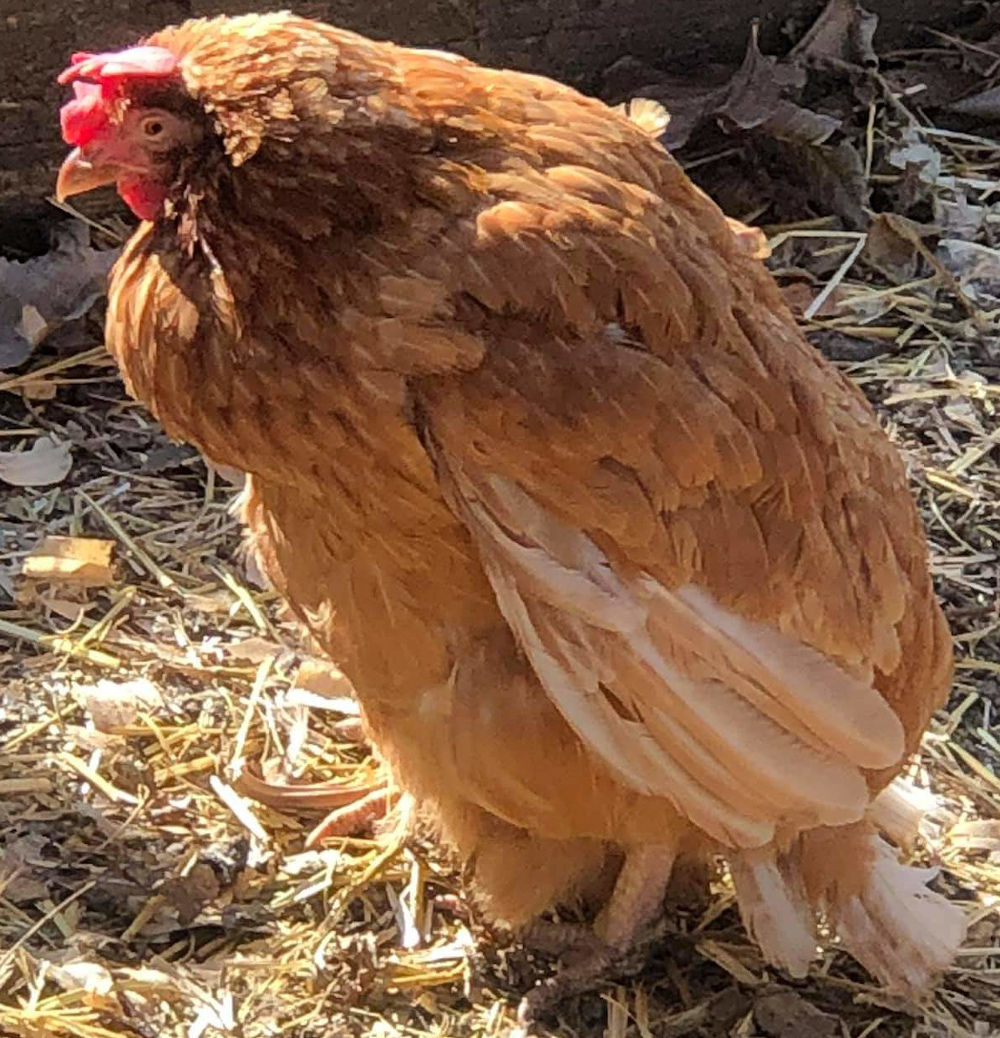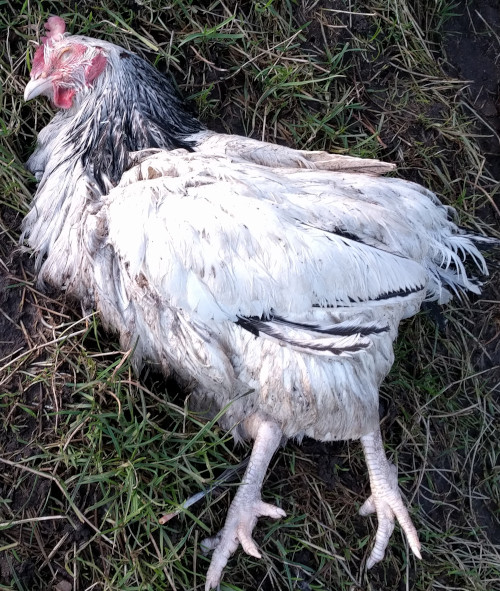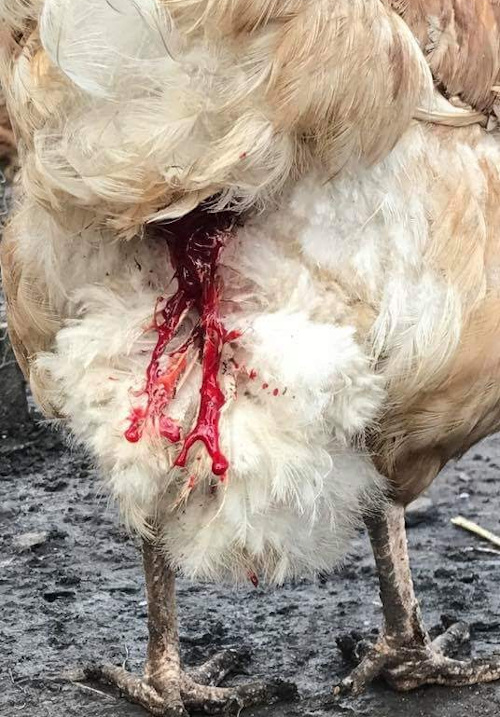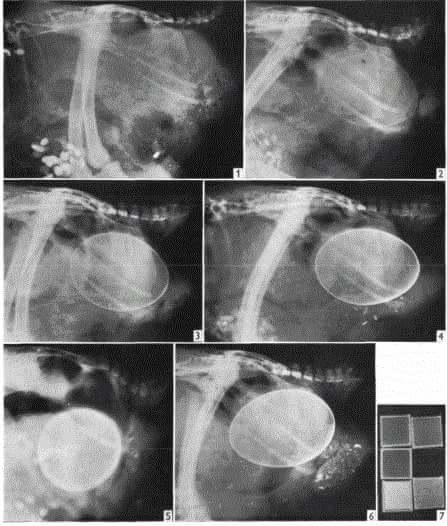Can a vet help a chicken?

I remember the first time I took one of my chickens to the vet, they looked in the box at my chicken and then said "Diagnosis in poultry is post-mortem".
Needless to say I went and found myself another vet.
Some veterinarians do treat chickens and some do not so it may be best to phone first to check. A veterinarian with specialist chicken, poultry or bird knowledge is called an avian vet.
Should you take your chicken to the vet?
You should take your chicken to the vet if you have any concerns about their health and you are unable to diagnose and treat the problem yourself. A phone call might be all that is needed.
You can now take your chickens to the vet virtually with an online appointment.
Here in the UK I have to take my sick chickens to the vet as all animal medicines are prescription only.
You should take your chickens to the vet if:
- There are any unexplained deaths in the flock,
- Signs of lethargy,
- Hunched or roach back,
- Unusual gait, unable to balance or walk properly or supporting itself with its wings.
- Discharge from the eyes, nose, ears or vent.
- Any sign of infection.
Take pictures or video of any unusual behaviour in the flock and make notes so as you don't forget anything.
What can vets do for chickens?
There are some conditions, diagnostic processes and chicken keeping problems that only a veterinarian can deal with.
Below: A vet can tell you why your chickens has died.

Vets can:
- Euthanize a chicken,
- Test the poop for parasites,
- Give hormonal implants to stop laying,
- Perform surgery like crop emptying,
- X-rays,
- Necropsy or post-mortem. This can tell you what your bird has died of,
- Report notifiable diseases to the authorities.
Below: By the time a egg bound hen gets this far, only a vet can help.

Should you use a specialist poultry or avian veterinarian?
It can be difficult to find a vet who is up to speed with their poultry treatments and doesn't simply inject the bird with a broad-spectrum antibiotic (Which if you read the small print renders the eggs and meat inedible for the rest of the chicken's life).
You should try to find a specialist poultry veterinarian for your chickens if you can.
Below: If you bird needs an x-ray, only the vets can do that.

There are very few treatments on the market that are licensed for use on poultry and come in quantities small enough to prove cost-effective to the backyard keeper.
How much does it cost to take a chicken to the vet?
A visit to the vet can be expensive and avian veterinarians can be even more so. It also goes without saying that the cost varies wildly depending on where you live.
The charge for the consultation is going to cost between $44.00 and $90.00 and any dispensed medications or tests will be extra. Treatments are expensive, starting from $40 for a course of antibiotics and $47.00 for basic tests.
Here in the UK a visit to a small animal vet is going to cost between £20.00 and £55.00 with treatment or tests costing extra. Dispensed medications are going to cost from £15.00 and tests from £33.00.
I count myself very lucky when it comes to vets, I had a sick hen in about 4 weeks ago and the initial consult was only £13.50. I take mine to a farm vet rather than a small animal practice and it is considerably cheaper.
How to transport a chicken to the vet:
Chickens should be moved in a purposely designed crate with a thick layer of straw n the bottom as it stops them from flapping wildly and hurting themselves.
You can also use a sturdy cardboard box with plenty of air holes cut into the sides.
You should not wrap chickens up tightly in cloth to move them around or carry them in sacks or by the legs. Chickens do not have a diaphragm and will suffer if you use these methods of transportation.
Things to know about vets and chickens:
Ordinary small animal vets only do a few days training on poultry out if several years it takes to qualify.
A veterinarian with specialist chicken, poultry or bird knowledge is called an avian vet.
